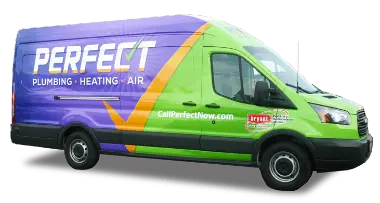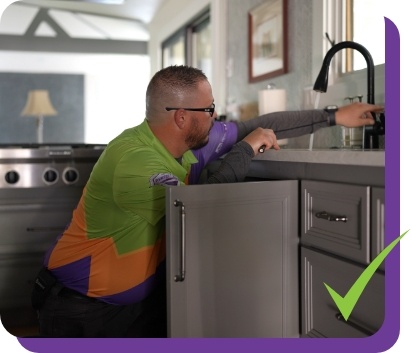Hard water contains high levels of minerals that affect the longevity of pipes and appliances, so installing a whole home water filtration system in Boise, ID is important. Whether you have city water or healthy water, it makes sense to set your standards for water quality with a whole home water filtration system. You can relax when you hear about VOCs and PFAS, arsenic, and lead. You’ll know that you’ve made sure your family is drinking quality water, even from the tap. A whole home water filter in your Treasure Valley home takes care of water hardness, protecting your plumbing and improving your tap water experience for your laundry. Showers, even reducing the scale of your coffee maker.
Reasons you can trust our team:
- BBB accredited with an A+ rating
- 2023 NextDoor Neighborhood Fave
- 2023 Angi Super Service Award
- HomeAdvisor Top Rated



